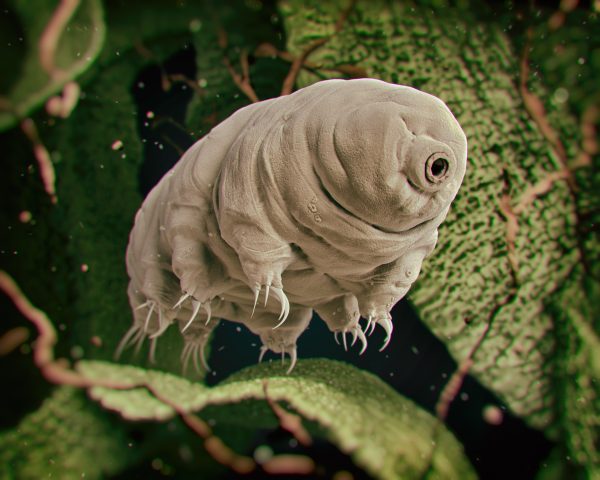
Will we one day combine tardigrade DNA with our cells to go to Mars?
Chris Mason, a geneticist and associate professor of physiology and biophysics at Weill Cornell University in New York, has investigated the genetic effects of spaceflight and how humans might overcome these challenges to expand our species farther into the solar system. One of the (strangest) ways that we might protect future astronauts on missions to places like Mars, Mason said, might involve the DNA of tardigrades, tiny micro-animals that can survive the most extreme conditions, even the vacuum of space!
Mason led one of the 10 teams of researchers NASA chose to study twin astronauts Mark and Scott Kelly. After launching in 2015, Scott Kelly spent almost a year aboard the International Space Station while his twin brother, Mark Kelly, stayed back on Earth.
By comparing how they biologically reacted to their vastly different environments during that time, scientists aimed to learn more about how long-duration missions affects the human body. Mason and the dozens of other researchers who worked to assess the genetic effects of spaceflight uncovered a wealth of data that has so far revealed many new findings about how space affects the human body.


